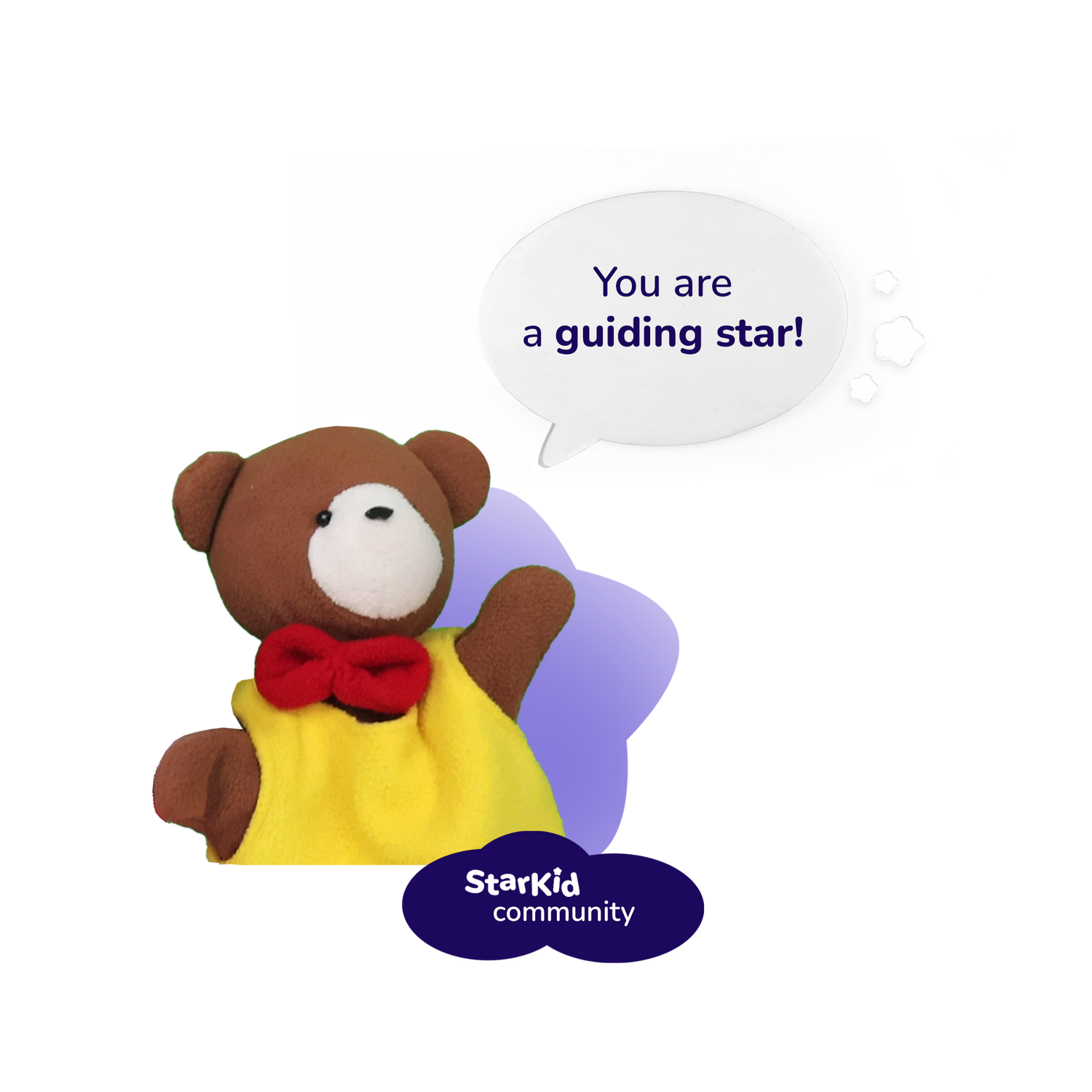Reading time: 7–9 minutes
Table of Contents
Balance Structure and Flexibility
Your journey as a parent brings many positive rewards, although you must occasionally guide your child through the unpredictable twists and turns on this road to independence. ✨ Parents frequently wonder whether they are handling things correctly.
Having children brings endless happiness, yet simultaneously creates demanding obstacles that test your resolve, tolerance, and need for self-preservation. Parenting tasks include soothing your upset child while building independence and remaining calm during nighttime routines.
Parents can successfully deal with the complexities of parenting through authoritative parenting, which enables both firm discipline and nurturing support. Family governance finds its optimal position between unyielding discipline and complete permissiveness.
✅ Consistent Discipline
Consistency is key. Consistency is power.
A child learns valuable lessons through consistent boundary enforcement rather than through any amount of discipline-related talking. Set rules that match your child’s age and consequences that you will enforce without exceptions. Young children seek maximum safety from knowing beforehand what to expect.
Consistency builds trust. Consistency builds security.
A conflict between unpredictable and uncertain discipline implementation causes children to become confused, which creates misbehavior. Regular discipline helps children develop self-control, respect for authority, and improved emotional regulation.
The experience teaches children to anticipate the effects of their actions, so they can make better choices in their adult years.
🟡 Authoritative Parenting
This parenting style maintains structured approaches while extending love to children.
A parent has the dual responsibility to guide like a stable lighthouse while acting as a safe harbor. You want to provide navigation through life by combining protective shelter with empathetic communication and specific guidelines.
Studies have consistently shown that children raised under this approach develop stronger emotional resilience, better academic results, and improved social capabilities.
It’s not control—it’s guidance.
Through an atmosphere of mutual respect, authoritative parents establish cooperation rather than using fear-based control. The goal is to find a balanced level of restriction while granting freedom and using thoughtful questions and boundaries to foster responsibility.
Through your parenting, you nurture thoughtful human beings who hold their power while staying true to their nature.
🎉 Positive Reinforcement: Encouraging Good Behavior
Catch them being good. Catch them being great.
Acknowledging positive behavior reinforces it. Giving praise at the right moment encourages the repetition of valuable actions—whether it’s sharing toys or completing homework.
Positive reinforcement uses rewards to support desired behavior and motivates children to learn new things, aiding in their development.
Praise the effort. Praise the progress.
A growth mindset develops when children are praised for effort, not just results. When you recognize the effort your child puts into tasks, they become more resilient and persistent.
Using carefully chosen rewards combined with specific praise boosts motivation and strengthens self-esteem. (PositivePsychology.com)
🗣️ Open Communication: Building Trust and Understanding
Listen with your ears. Listen with your heart.
You learn to understand your children when you actively listen to all their thoughts and feelings. Give them your full attention, validate their emotions, and offer empathetic responses.
Positive communication requires preserving their emotional experiences and responding with thoughtful words.
Speak with kindness. Speak with clarity.
When you communicate gently and clearly, your child better understands expectations and feels safe expressing themselves. Constructive dialogue and avoiding harsh language foster a supportive environment.
Acknowledging children’s feelings with respect creates lasting trust and connection.
🌱 Promote Independence: Confidence Grows with Responsibility
Let them try. Let them thrive.
When parents allow children to make basic choices, independence begins. The phrase "You can do it" opens the door to confidence.
Small acts of autonomy—choosing clothes, packing bags, helping with meals—build habits of self-reliance.
🌿 Teach responsibility. Teach resilience.
Assigning age-appropriate tasks helps children link actions with outcomes. Completing tasks like setting the table, brushing teeth, or feeding pets nurtures a sense of mastery.
Confidence comes from competence. Let them learn by doing. Each mistake is a valuable step toward resilience.
Research from Whitebread & Basilio (University of Cambridge, 2013) shows that children assigned tasks early in life grow into adults with better executive functioning and higher self-confidence.
⚖️ Balance Structure and Flexibility: The Golden Middle Path
Routines anchor us. Flexibility frees us.
Daily routines give children emotional safety and stability—an anchor in life’s unpredictability.
Adapt when needed. Adjust with love.
Adaptability doesn’t mean accepting all behavior. Recognize your child’s current needs rather than rigidly following rules.
This creates responsiveness instead of either inflexibility or chaos.
Children learn they’re allowed to bend, to pause, and to rest.
Jo Frost (Supernanny) advises that overly rigid routines and harsh discipline lead to stress and anxiety. A well-balanced schedule with room for calm moments is key to lasting emotional peace. (The Sun, 2025)
🧘 Mindfulness and Self-Care Model: Calm is Contagious
Be at peace. Teach peace.
Your emotional regulation teaches your child far more than words. Children learn by watching—how you breathe when frustrated, how you practice patience, how you pause before reacting.
Slow down. Show up.
Mindfulness is not stillness—it’s presence. It’s putting the phone down at dinner and listening when your child shares their day.
Dr. Dan Siegel (UCLA) says: “Where attention goes, neural firing flows, and neural connection grows.”
Your physical and emotional presence literally shapes your child’s brain.
Mindful parenting improves behavior, reduces stress, and strengthens family bonds (Bögels et al., 2014).
🎧 Want to experience mindful parenting in action?
Explore our Mindfulness Episodes—bite-sized video and audio guides created for real families like yours. Each episode brings calming practices, breathing techniques, and connection moments you can enjoy together with your child.
Whether it’s bedtime, a tantrum, or a hectic day, our episodes are designed to bring clarity, calm, and joy.
👉 Watch the latest mindfulness episodes now and start your journey to more peaceful parenting. https://www.starkiduniverse.com
👩🏫 Expert Insight: Aletha Solter
Before earning her PhD at the University of California, Santa Barbara, Aletha Solter trained as a developmental psychologist under Jean Piaget in Switzerland.
She specializes in attachment, trauma, and non-punitive discipline. In 1990, she founded the Aware Parenting Institute, a global network of certified instructors.
Her books and workshops support parents across 18 countries, blending trauma awareness and attachment principles to address sleep issues, discipline, and emotional challenges.
🔚 Conclusion
Effective parenting requires consistent discipline, positive reinforcement, clear communication, and encouragement of independence—all balanced with structure and flexibility.
When these approaches are practiced mindfully, parents can navigate difficulties while creating a nurturing, peaceful home for their children.
📚 References
Parenting Styles and Child Behavior – Verywell Mind
What Parenting Style is Right for You? – Mayo Clinic Press
Types of Parenting Styles and Their Effects on Children – NCBI
Pros and Cons of Parenting Styles – Wellspring Prevention
Parenting Styles Explained – Parents.com
30 Mindfulness Activities for Parents – Waterford.org
Mindfulness for Parents: Tips and Activities – Zero to Three
Mindfulness Practices for Families – Zero to Three
Easy Mindfulness Exercises for Kids with ADHD (PDF) – Utah Parent Center
Clodagh McKenna’s One-Minute Meditation – Woman & Home
Mindfulness and Parenting Review – Bögels et al., 2014


